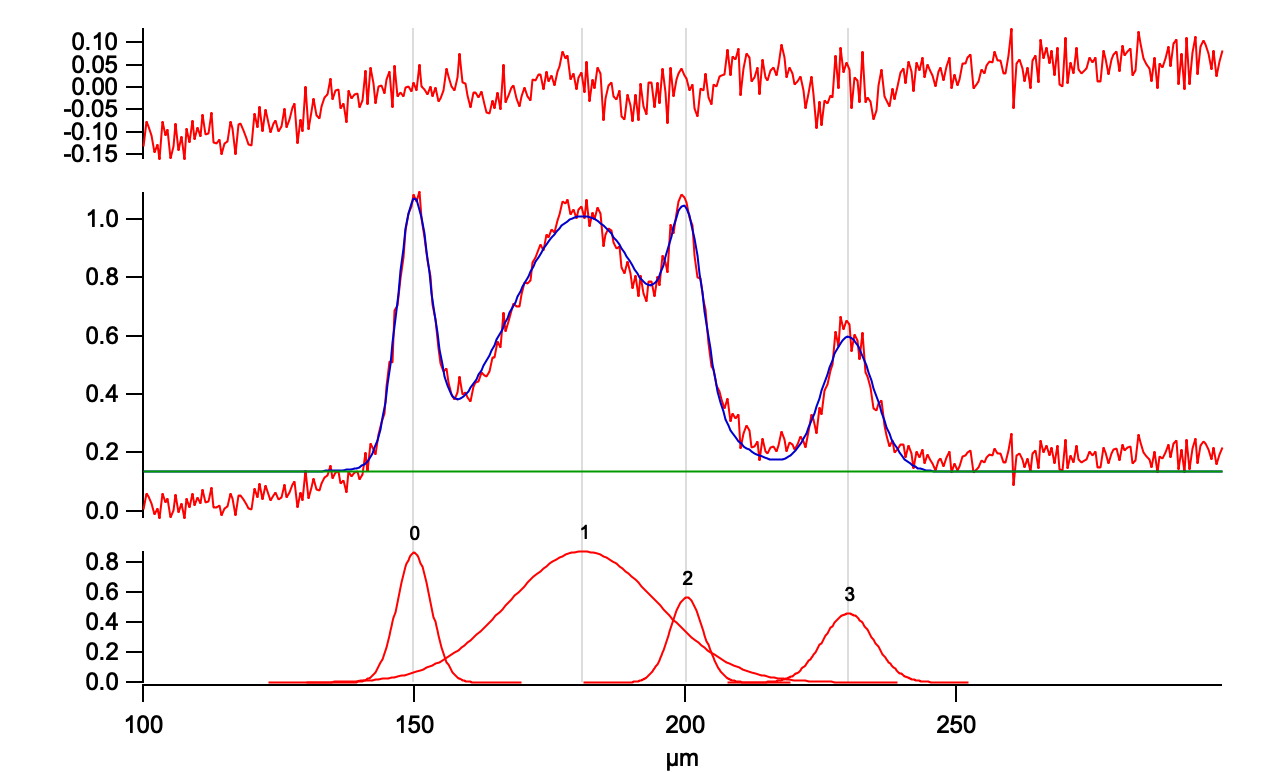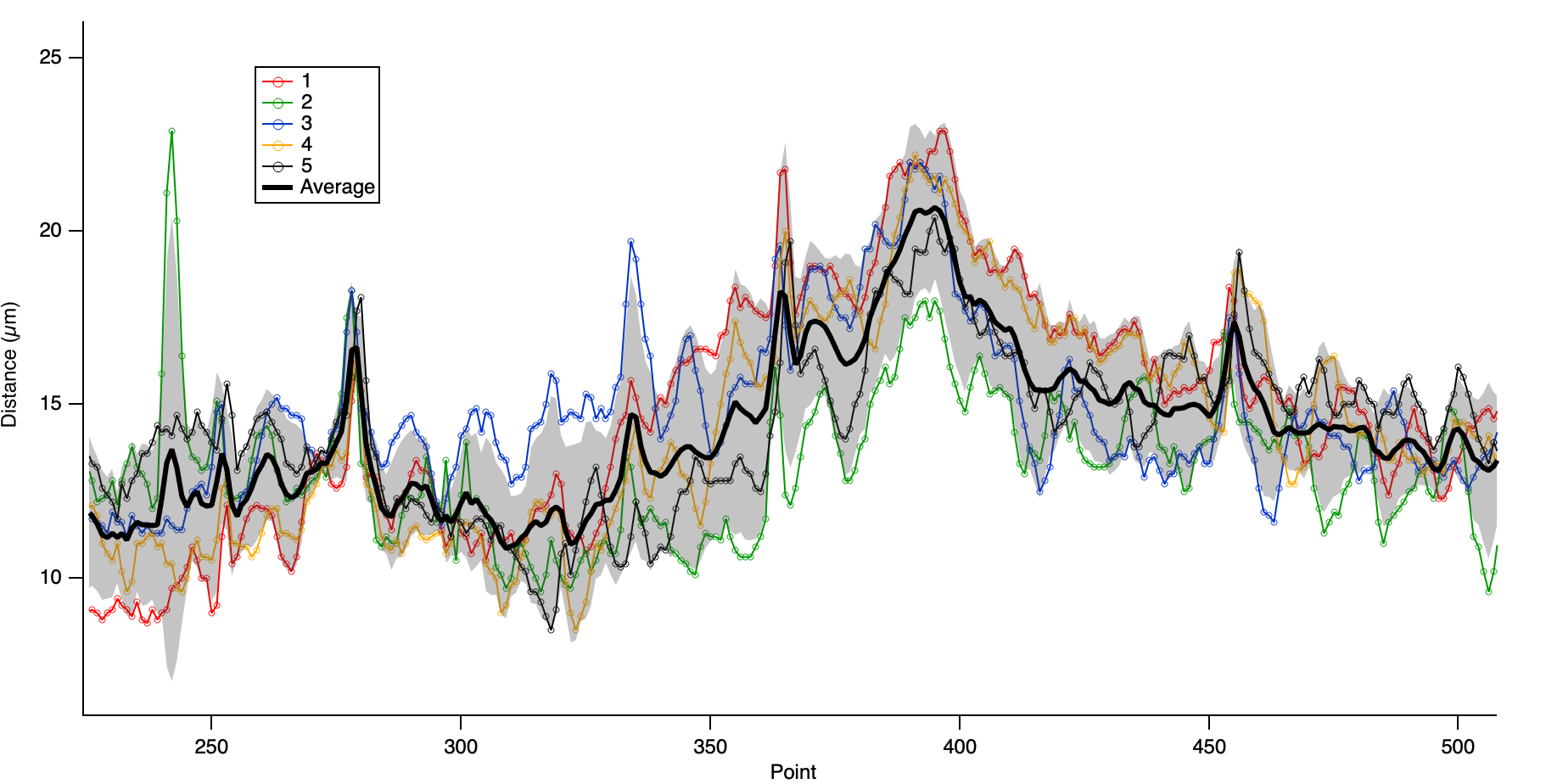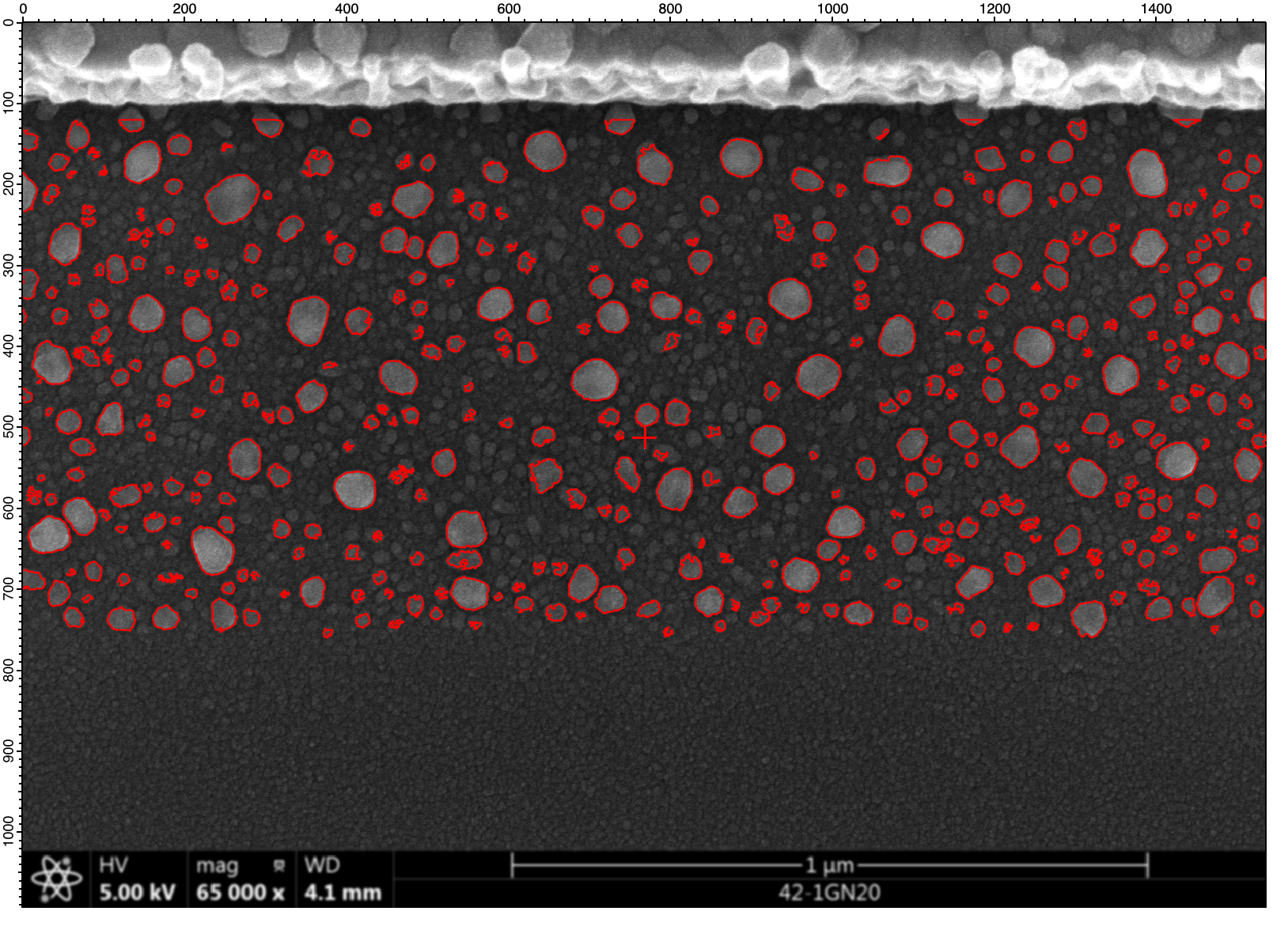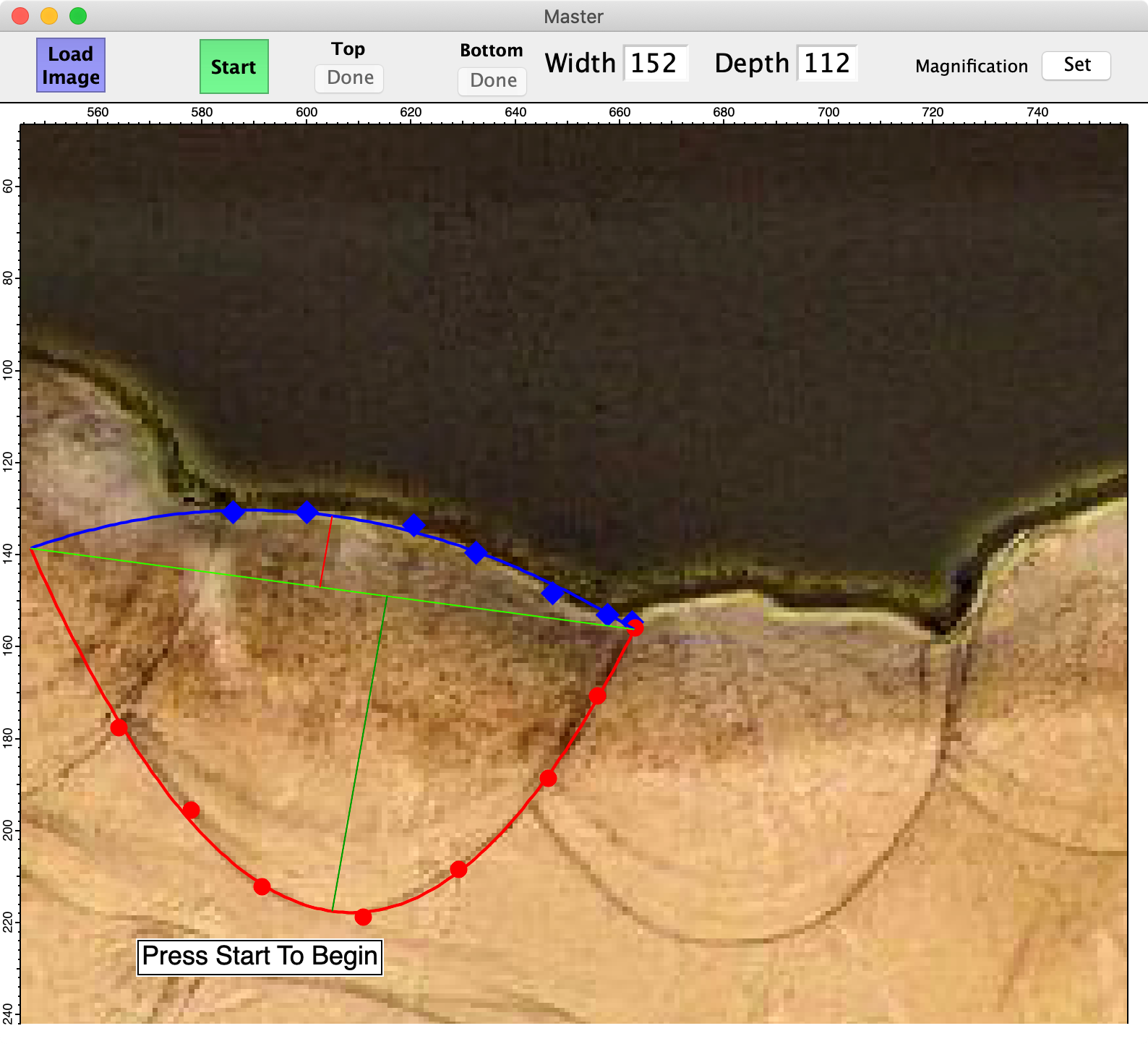Advanced Data Analysis
Advanced Model Fitting and Parameter Extraction
The quickening pace of the product development process to making time a critical consideration, together with cost and requirements. To optimize your investment in battery experiments and testing, it is critical to extract the maximum information and knowledge from your test data to minimize technical project risk as quickly as possible. This starts with a clear set of success criteria and metrics that are rooted in defined business objectives for the experiments and tests. These metrics should address immediate goals, but also future uses and follow-on experiments. The tests and resulting data should support and enable clear decisions and actions.
To those ends, advanced experimental design and data analysis services are available to our customers, combined with domain expertise in materials science and the development of new products. Engagements have included new product development, device qualification and reliability risk assessment, process failure recovery, and manufacturability improvements.
Examples of Analytics Services include:
- Statistical Design of Experiments (DoE)
- Exploratory Data Analysis
- Statistical Process Control (SPC)
Examples of Advanced Data Extraction and Analysis include:
- Advanced Model Fitting and Parameter Extraction
- Image Quantification and Analysis
- Analysis Automation
Click images for a larger view
Model fitting and parameter extraction may yield better insights into product performance.
Experimental Process
- Extract maximum information from each test by combining the test results together, and then identifying the underlying governing reactions. Many times, researchers only look at one experiment at a time, and this limits their ability to see the big picture sooner.
- Plan the success criteria and experimental strategy. Defining success criteria is critical, but careful experiment planning may reduce the quantity of experiments. One can apply Design of Experiment (DoE) methodologies where you vary multiple parameters simultaneously, and require fewer experiments. This approach is used to compress the experiment plan so steps can be multi-threaded, and run in parallel instead of series. This approach reduces the number of experiments, and identifies potential risks sooner in the development schedule.
Combining the results of tests and experiments with Scanning Electron Microscopy (SEM), and possibly X-Ray Fluorescence (XRF), can provide maximum insight into product performance.
Mobile Power Solutions (MPS) has partnered with Andy Hegedus of AGH Analytics, LLC to provide an additional layer of data analysis and modeling to the test data generated in the MPS test facilities.
Contact Info:
Andy Hegedus
AGH Analytics, LLC
[email protected]
https://www.linkedin.com/in/andyhegedus/
Mobile: 650.619.1365





